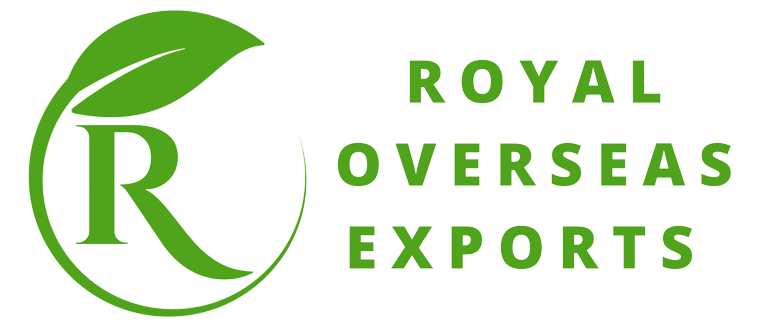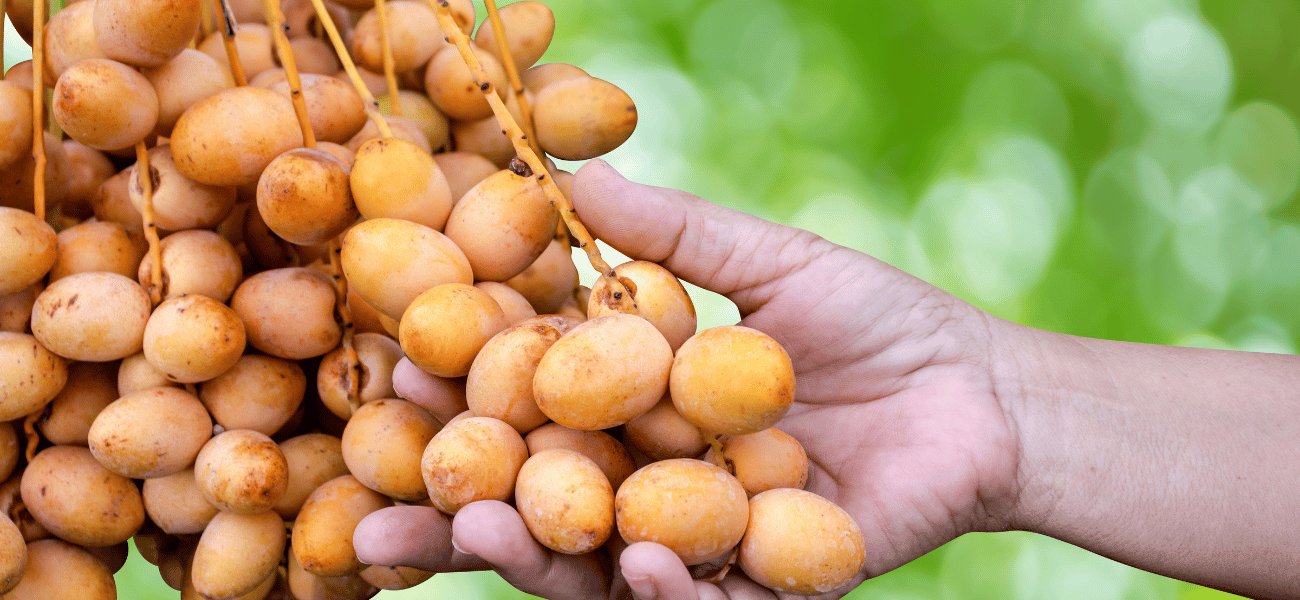Tissue culture of date palms, also known as in vitro propagation, is a technique used to produce genetically identical plants from a small piece of tissue. This method is particularly useful for date palms because it allows for the mass production of disease-free and uniform plants. Here’s a general overview of the tissue culture process for date palms:
- Selection of Explant:
- The process begins with the selection of a suitable explant, which is a small piece of tissue taken from a healthy and disease-free parent plant. In the case of date palms, the most commonly used explants are shoot tips or axillary buds.
- Surface Sterilization:
- The selected explant is then surface sterilized to remove any contaminants. This is typically done using a combination of disinfectants to ensure a clean starting material.
- Initiation of Explants:
- After sterilization, the explant is placed in a nutrient medium containing essential nutrients, vitamins, and growth regulators. This medium encourages the development of new shoots and roots.
- Multiplication Stage:
- Once the initial shoots have developed, they are separated and transferred to a fresh medium to promote further multiplication. This stage helps in producing a large number of identical plantlets.
- Rooting Stage:
- The multiplied shoots are then transferred to a rooting medium to encourage the development of roots. This is an essential step before the plantlets can be transferred to soil.
- Acclimatization:
- After rooting, the plantlets are gradually acclimatized to environmental conditions outside the tissue culture environment. This is a crucial step to prepare the plants for transfer to the field.
- Transfer to the Field:
- Once the plantlets have successfully acclimatized, they can be transferred to the field for further growth and development. This marks the completion of the tissue culture process.
Benefits of Tissue Culture for Date Palms:
- Disease-free Plants: Tissue culture helps produce plants free from pathogens and diseases.
- Uniformity: The resulting plants are genetically identical, ensuring uniformity in growth and characteristics.
- Rapid Multiplication: Tissue culture enables the rapid multiplication of plants, allowing for large-scale production.
- Conservation of Elite Varieties: Valuable or rare date palm varieties can be conserved and propagated through tissue culture.
It’s important to note that while tissue culture offers numerous advantages, proper laboratory facilities, expertise, and quality control measures are crucial for its success.

